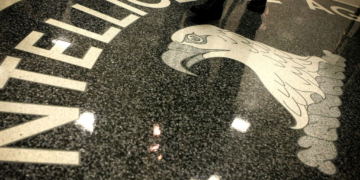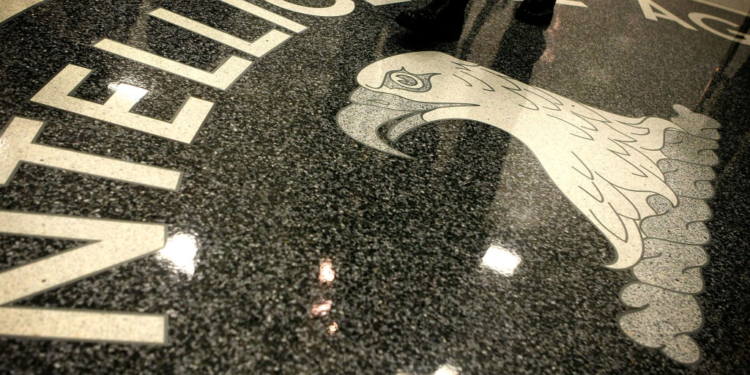A newly declassified CIA memo released Wednesday has raised questions about the intelligence community’s conclusion that Russia interfered in the 2016 U.S. election to help Donald Trump win.
Ordered by CIA Director John Ratcliffe — a Trump appointee and vocal critic of the Russia investigation — the eight-page report critiques the 2017 intelligence assessment that linked Russian President Vladimir Putin directly to the pro-Trump interference campaign, according to the Associated Press.
The memo does not directly dispute the conclusion but highlights “anomalies” in how it was reached. These include a compressed timeline and reliance on unverified sources, such as the Steele dossier, a collection of opposition research funded by Democrats and compiled by a former British intelligence officer.
The report criticized the dossier’s inclusion in intelligence briefings, saying it “implicitly elevated unsubstantiated claims to the status of credible supporting evidence, compromising the analytical integrity of the judgment.”
The review is part of a broader effort by Trump-aligned officials to reexamine the Russia investigation, which led to criminal charges and fueled Trump’s tensions with intelligence agencies.
Ratcliffe has previously declassified material on topics like the Kennedy assassinations and the origins of COVID-19.
Despite the report’s findings, it does not address subsequent investigations that reaffirmed Russia’s pro-Trump motives, including a 2020 Senate Intelligence Committee report led by Republicans and Special Counsel Robert Mueller’s investigation.
Both supported the assessment that Russia interfered in the 2016 election in Trump’s favor.
“This report doesn’t change any of the underlying evidence — in fact it doesn’t even address any of that evidence,” said Brian Taylor, director of the Moynihan Institute of Global Affairs at Syracuse University.
Taylor suggested the review may be intended to validate Trump’s claims that investigations into Russian ties were politically motivated.
“Good intelligence analysts will tell you their job is to speak truth to power,” he added. “If they tell the leader what he wants to hear, you often get flawed intelligence.”
While after-action reviews like this are standard within the intelligence community, publicly releasing such evaluations is rare. Ratcliffe indicated he plans to continue declassifying documents tied to major public issues.


























 Continue with Google
Continue with Google